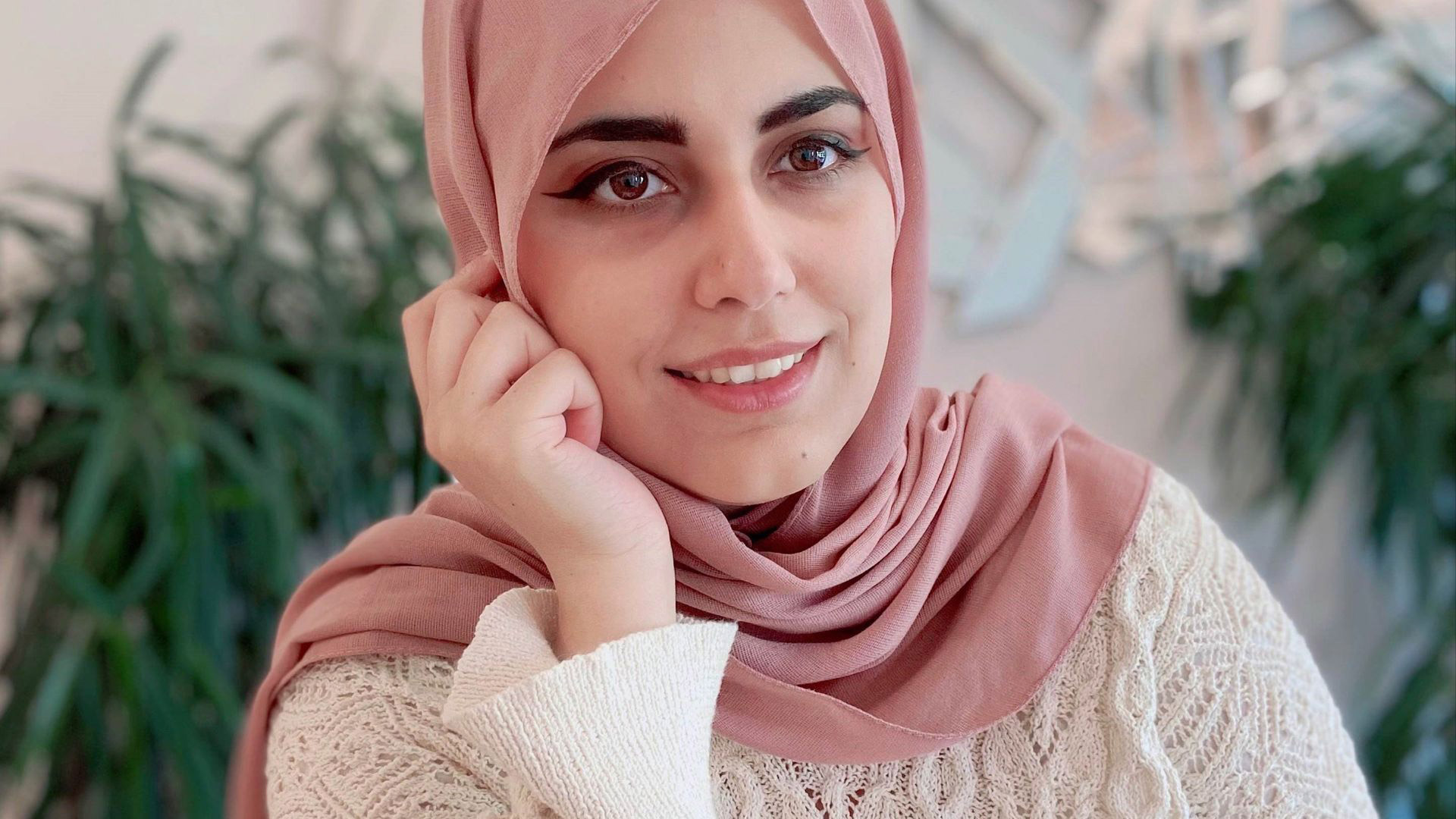Chemical warfare, the bombing of children, accounts of rape, kidnap and torture are not the normal staple of YA fiction. But Zoulfa Katouh’s As Long as the Lemon Trees Grow, which Bloomsbury YA publishes on 15th September, is much more than a sweet love story set in war-torn Syria. It is also a shocking account of the brutality of the regime of Syrian president Bashar al-Assad and will be a revelation to its young teenage target audience.
The novel raises interesting freedom of speech questions too. Will its detail of the Syrian revolution and the government’s barbaric actions to stifle dissent prevent it from finding an Arabic publisher given the region’s sensitivities over who is seen to be siding with whom and the attitude to protest of some Arab world governments?
Observers who know the countries in question, people who have attended the many impressive book fairs in the region – in Sharjah in the UAE, or in Abu Dhabi and Qatar – say that publishers based in the UAE or Lebanon are the most likely to take the book on, though there remains skepticism over whether any Middle East and North Africa (MENA) publisher will risk it.
One British publishing veteran who knows the territory well said: “The horrors of the Assad regime before and during Bashar’s spell in power seem to me to be of considerably wider interest outside the MENA region, largely because of the horrors and the fact that the West all but abandoned Syria, leaving a vacuum which the Kremlin happily filled.”
But certainly, at the moment the absence of an Arabic publisher for the title is striking. Katouh’s agency, Writers House, has so far notched up 17 foreign territories for the novel, in addition to Bloomsbury and Little, Brown in the US. Languages sold so far include Danish, Dutch, French, German, Italian, Japanese, Spanish and Polish.
Surely young Arab women would be as keen to read this book as the young women in the territories just mentioned. Keener perhaps.
The question is: will they get the chance? Kalimat, the house founded and run by Sheikha Bodour al Qasimi in Sharjah in the UAE, publishes many strong contemporary voices, among them Margaret Atwood and Chimamanda Ngozi Adichie. Al Qasimi is a strong advocate of freedom of expression and frequently mentions it in her speeches as president of the International Publishers Association (IPA). She is widely – and quite rightly – seen as a force for good in world publishing. But she may be put in an impossible position with this novel.
As Long as the Lemon Trees Grow tells the story of the romance between Salama, a young pharmacist at a hospital in Homs, and Kenan, a self-styled video journalist who records the regime’s atrocities and posts them on YouTube. It contains numerous damning accounts of the regime’s brutality, including chemical warfare and atrocities committed by the military in Karam el-Zeitoun where "children were hit with blunt objects, and one girl was severely mutilated". Salama loses her mother in a bomb blast and recalls this conversation about an incident in Dara’a.
"The unrest she was talking about was the government’s kidnapping of 14 boys – all in their early teens. They were tortured, their finger nails ripped off, and then sent back to their families – all because they’d scribbled ‘It’s your turn, Doctor’ on a wall after the success of the revolutions in Egypt, Tunisia and Libya. By ‘Doctor’ they meant the president, Bashar al-Assad, who was an ophthalmologist. The irony of a man who was drenched in innocent blood taking a vow to do no harm was not lost on me."
In another passage, Salama attends a protest and says: "I notice many people taking out their phones and recording. Some slip pieces of paper marked with the date and location from under their jackets, along with a few sentences. Go to hell Assad, We’re coming for you. We fear no one except God and Assad is a murderer."
In March this year the Syrian president Bashar al-Assad visited the UAE, meeting with the prime minister and vice-president of the UAE, and ruler of Dubai, Sheikh Mohammed bin Rashid al Maktoum. Reuters noted that this was Assad’s first trip to an Arab state since the war and that the trip underlined warming ties with a US-allied country that once backed rebels who fought him.
Kalimat is run by Sheikha Bodour, whose father is the ruler of Sharjah and sits on the Supreme Council of the UAE— which must presumably have sanctioned Assad’s visit. Could Kalimat be seen to be publishing a novel that is so critical of the man who had just been welcomed to the country? The novel could appear quietly under the radar, as it were, with marketing that makes it seem solely a teen romance. But it would only need one reader to post something on social media from the passages above and the situation could be very different.
Perhaps the novel will not find an Arab publisher at all because of self-censorship, because of publishers deciding not to take the chance rather than governments banning the book. This kind of self-censorship is frequently mentioned by Kristenn Einarsson who leads the IPA’s freedom to publish committee.
The novel has a powerful Author’s Note at the end in which Katouh writes: "For years Syrians have been tortured, murdered and banished from their country at the hands of a tyrannical regime, and we owe it to them to know their stories."
Whether young Arabs who have come of age since the Syrian revolution and subsequent civil war began in 2011 will get the chance to "know their stories" remains to be seen.

Comments
Post a Comment